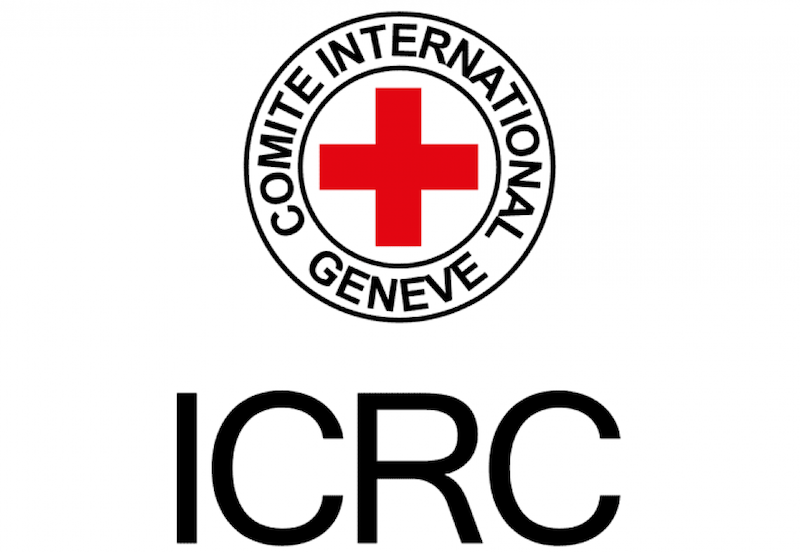The International Committee of the Red Cross (ICRC) has urged journalists across Nigeria to take an active role in defending healthcare workers and facilities from rising violence, particularly in the conflict-affected North West region.
At a one-day media roundtable on Healthcare in Danger (HCiD) held in Kano, Head of the ICRC Sub-delegation, Mr. Roger Al Haddad, warned that persistent attacks on medical personnel, hospitals, and ambulances were crippling healthcare delivery and endangering millions of lives.
Haddad said doctors, nurses, and ambulance drivers are increasingly being targeted, intimidated, or abducted while performing critical life-saving duties, with many health facilities destroyed or forced to shut down. “Beyond the immediate loss, these attacks have a ripple effect, denying thousands access to essential care and further weakening an already fragile health system,” he stated.
He explained that the ICRC’s Healthcare in Danger initiative is designed to safeguard medical personnel, facilities, and patients during conflict and unrest. According to him, journalists play a vital humanitarian role in amplifying awareness, shaping public perception, and promoting respect for medical neutrality. “The media are not bystanders,” Haddad said. “You are witnesses and influencers. Ethical, fact-based reporting can save lives and restore trust in healthcare systems.”
Read Also:
- AMJON, School of Eloquence synergize on training of maritime journalists
- Ondo Port: Your support is crucial to get FG’s approval Igbasan tells Journalists
- Rep. Aguocha calls for higher pay for journalists
Also speaking, Director of Public Affairs at Bayero University, Kano, and media consultant, Lamara Garba, described the forum as timely amid growing insecurity targeting medical staff. He condemned reported incidents where armed groups forced medical workers to treat their members ahead of other patients, calling such acts gross violations of medical ethics and humanitarian law. Garba urged journalists to use their platforms to expose these abuses and influence government policy to protect healthcare in emergencies.
In her presentation, ICRC Humanitarian Affairs Advisor, Juliet Kelechi, noted that violence against healthcare workers and institutions in Nigeria remains severely underreported. She called on the media to drive national dialogue, demand accountability, and ensure victims are not silenced by fear.
The ICRC roundtable aimed to strengthen collaboration between humanitarian actors and the press, emphasizing that responsible journalism can help safeguard access to healthcare in crisis zones and reaffirm the principles of humanity, impartiality, and neutrality.






